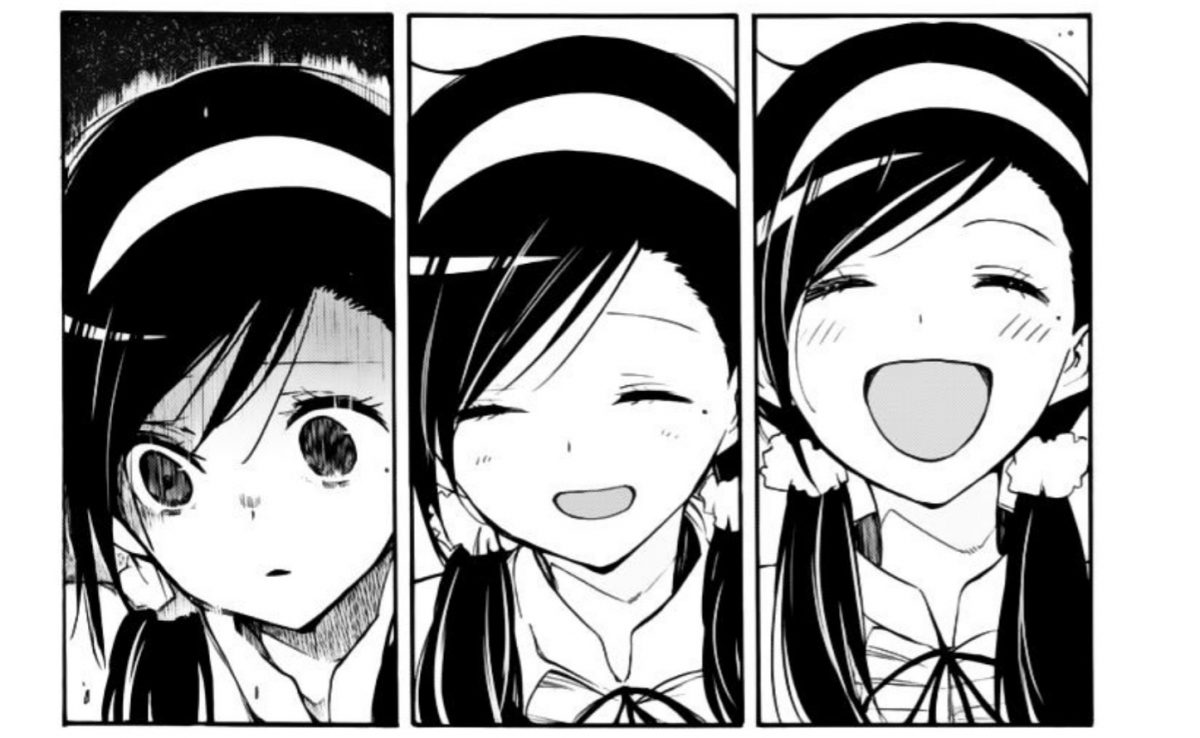The most popular “unit” of television in Japan is the drama, which usually run for 15 weeks of hour-long episodes, with a clear-cut finale that resolves all the issues and love triangles in the story. Dramas star famous faces like lovely actresses Misato Itoh or Akiko Yada or national heart-throb Hayami Mokomichi, and the most successful shows get very high ratings of 20% or more and are usually watched all throughout Asia. Currently one of the most popular dramas on TV is “Attention, Please,” starring cute teen idol-turned- serious-actress Aya Ueto, who is attending stewardess training to become a flight attendant. Produced in cooperation of Japan Air Lines (no doubt eager to turn their sagging fortunes around by being affiliated with the popular star), the show follows the adventures of the lead heroine as she goes from being a headstrong girl to someone who really understands what it is to be a professional flight attendant. We’ve always wanted to get our daughter interested in this career and we’ve been watching the show with her, dropping subliminal hints about airlines must surely be eager to find flight attendants who can already speak English and Japanese well, like her.
I continue to watch my kids grow up, fascinated at how they go about acquiring English and Japanese. My wife is helping my son study for the Step Test, level 2, a test that’s usually taken by students in their third year of high school (and for students who aren’t putting a special effort into learning English, not at all). Like most Japanese, my wife has learned English in a very analytical way, memorizing the grammar as if it were a collection of complex formulas. Verbs in English come in three varieties, present tense, past tense and past participle, and Japanese have perfected the memorization of these verbs into a science, spitting out “go, went, went” “eat, ate, eaten” “drive, drove, driven” very easily. My wife naturally tries to impart this to my son, but he refuses to learn English in this way — he can usually “sense” the correct answer on a test and doesn’t need to make it more complex by trying to understand the grammar like his mother does. When she asked him how he was able to get the right answer without consciously knowing the rules of English, he replied, “I can just see the patterns. It’s like music.” Kids sure are amazing things.
Do you have a cat’s tongue? If so, it means that you can’t eat hot food or drink hot drinks, just like a cat. The Japanese say that anyone who avoids hot food has a cat’s tongue (neko jita). What is you have a lazy eye? If so, then you are rom-pari which is Japanese for “London, Paris” — i.e. one eye is looking at London and the other is looking at Paris. If you’re thinning on top, you might have “bar code hair,” as the Japanese say. And if you sneeze, the Japanese say that someone must be gossiping about you (this comes up in anime quite often).
I’ve always been fascinated with the artistic works of Mitsuo Aida, who took traditional Japanese calligraphy and turned it into a beautiful medium for poetry and fascinating observations on life. I’ve used his works to study Japanese, and find his insight into life, the universe and everything very interesting. Now we’ve gotten in two great collections of his unique calligraphy works, complete with English translations, a super item for anyone interested in seeing a new side of Japan. It’s something I’m really happy to have on the site.
If you’re at San Jose, we hope you’ll come to Fanime Con, a great anime convention that runs from May 26-29. We’re proud to co-sponsor a great collection of JPOP bands, with five indies bands performing live music at the show, a great way for you to experience some fantastic cutting-edge music from Japan. For more information, go to http://www.fanime.com/
















